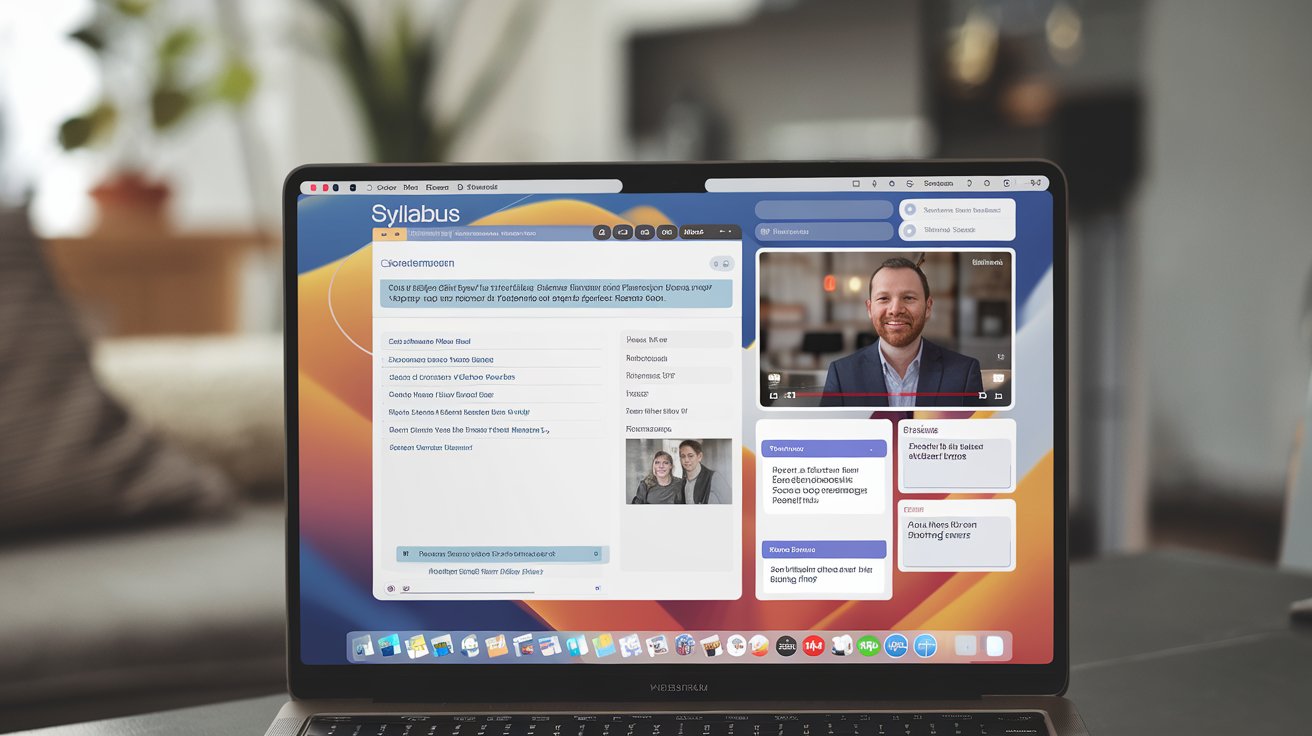In recent years, online degree programs have emerged as a revolutionary force in the educational landscape, offering flexibility and accessibility to students across the globe. As technology continues to evolve, the traditional classroom model is being supplemented—if not replaced—by digital learning environments. This article explores the benefits, challenges, and future trends of online degree programs, providing a comprehensive overview of how they are shaping modern education.
Table of Contents
ToggleThe Rise of Online Degree Programs
Online degree programs have gained immense popularity due to their convenience and adaptability. The ability to pursue a degree from anywhere in the world, often on a flexible schedule, has made higher education more accessible than ever before.
Key Factors Driving the Growth:
- Technological Advancements: High-speed internet, sophisticated learning management systems (LMS), and interactive tools have made online learning more effective and engaging.
- Increased Demand for Flexibility: Working professionals, parents, and other non-traditional students seek educational options that fit around their busy schedules.
- Globalization: Online programs allow institutions to reach a global audience, breaking down geographical barriers to education.
Benefits of Online Degree Programs
**1. Flexibility and Convenience
One of the primary advantages of online degree programs is the flexibility they offer. Students can often choose their own study schedules, allowing them to balance coursework with work, family, and other commitments. This flexibility is particularly beneficial for:
- Working Professionals: Those looking to advance their careers without interrupting their current employment.
- Parents and Caregivers: Individuals who need to manage their education alongside family responsibilities.
**2. Accessibility and Inclusivity
Online degree programs make higher education accessible to a wider audience, including those who may not have the opportunity to attend traditional on-campus classes due to:
- Geographic Location: Students in remote or underserved areas can access quality education without relocating.
- Physical Disabilities: Online learning environments can be tailored to accommodate various accessibility needs.
**3. Cost-Effectiveness
While the cost of online degree programs can vary, many are more affordable than traditional on-campus programs. Savings may come from:
- Reduced Commuting Costs: Eliminating the need for transportation and parking.
- Lower Tuition Fees: Some institutions offer reduced tuition rates for online courses.
**4. Diverse Program Offerings
Online education provides access to a broad range of programs and specializations that may not be available locally. Students can choose from a variety of fields, including:
- Technology and Computer Science
- Business and Management
- Healthcare and Nursing
- Arts and Humanities
**5. Self-Paced Learning
Many online programs offer asynchronous learning options, allowing students to complete coursework at their own pace. This can enhance understanding and retention by enabling students to revisit materials as needed.
Challenges of Online Degree Programs
**1. Lack of Face-to-Face Interaction
Online degree programs often lack the in-person interaction found in traditional classroom settings. This can affect:
- Networking Opportunities: Limited opportunities for building relationships with peers and professors.
- Student Engagement: Some students may struggle with maintaining motivation and engagement in a virtual environment.
**2. Technical Issues
Technical difficulties can pose challenges for online learning, including:
- Connectivity Problems: Issues with internet access or software can disrupt learning.
- Technical Support: Students may require assistance with navigating online platforms or troubleshooting issues.
-

Education
**3. Self-Discipline and Time Management
Online learning requires a high degree of self-discipline and effective time management. Students must:
- Stay Motivated: Without the structure of a traditional classroom, students need to be proactive in completing assignments and staying on track.
- Manage Their Time: Balancing coursework with other responsibilities requires strong organizational skills.
**4. Recognition and Credibility
Despite increasing acceptance, some employers and academic institutions may still question the credibility of online degrees. It is important to choose programs accredited by recognized organizations to ensure the degree holds value in the job market.
Future Trends in Online Degree Programs
**1. Enhanced Learning Technologies
The integration of advanced technologies is set to further transform online education. Trends include:
- Virtual and Augmented Reality: Immersive technologies to create interactive and engaging learning experiences.
- Artificial Intelligence: AI-powered tools for personalized learning, adaptive assessments, and automated grading.
**2. Increased Collaboration and Networking
Future online programs are likely to emphasize greater collaboration and networking opportunities, including:
- Virtual Study Groups: Tools for real-time group work and peer interaction.
- Online Networking Events: Opportunities for students to connect with industry professionals and alumni.
-

Education
**3. Microcredentials and Modular Learning
The rise of microcredentials and modular learning offers:
- Flexible Learning Paths: Students can earn certifications or badges in specific skills or competencies, which can be stacked towards a full degree.
- Targeted Skills Development: Focused training in high-demand areas to meet industry needs.
**4. Global Partnerships and Programs
Universities and institutions will increasingly form global partnerships to offer joint programs and degrees, providing students with diverse perspectives and international learning experiences.
Conclusion
Online degree programs are revolutionizing the way we approach higher education, offering flexibility, accessibility, and a wide range of program options. While challenges such as lack of face-to-face interaction and technical issues exist, ongoing advancements in technology and educational practices are addressing these concerns.
As the educational landscape continues to evolve, online degree programs are likely to become an even more integral part of the higher education system. By staying informed about trends and leveraging the benefits of online learning, students can effectively navigate their educational and career paths in a rapidly changing world.
